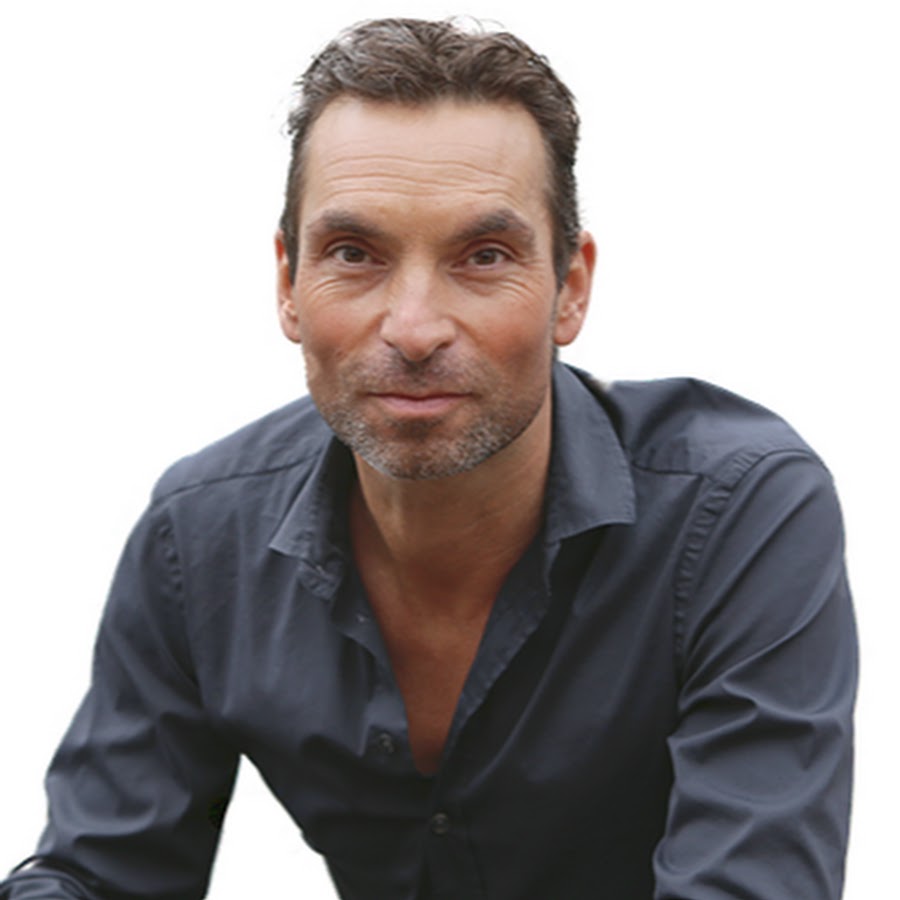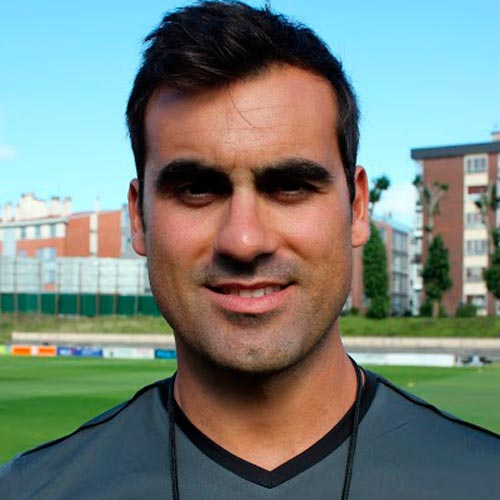Professional Diploma in Strength and Conditioning
🔥 Enroll Now – Limited Time Offer!
Professional Diploma in Strength and Conditioning
9 months
English
Online-based
Advanced
Barça Innovation Hub
Description
Explore the intricate dynamics of strength training and its vital role in enhancing sports performance and facilitating post-injury rehabilitation with our comprehensive course. Covering foundational principles of the neuromuscular system, muscle action dynamics, and systemic changes in detraining, you’ll gain a deep understanding of how to assess and optimize muscular properties for sports. Dive into methodologies tailored for team sports and situational contexts, integrating strength training into planning and rehabilitation strategies.
Discover innovative approaches like muscle building through vascular occlusion and leverage cutting-edge technologies for precise evaluation and interactive training experiences. With a focus on injury prevention, management, and return-to-play decisions specific to team sports, this course also equips you with essential coaching skills and insights into sports pathology and nutrition for peak performance and recovery. Ideal for professionals looking to advance their expertise in sports science and rehabilitation, this course offers practical insights and strategies to elevate athletic performance and manage injuries effectively.
990 € 495 €
START DATE
10/03/2026
Learn to
Experts Advisors:

Daniel Romero Rodriguez

Francesc Cos

Gil Rodas Font

Ana Merayo García

Asker Jeukendrup

David Casamichana Gómez